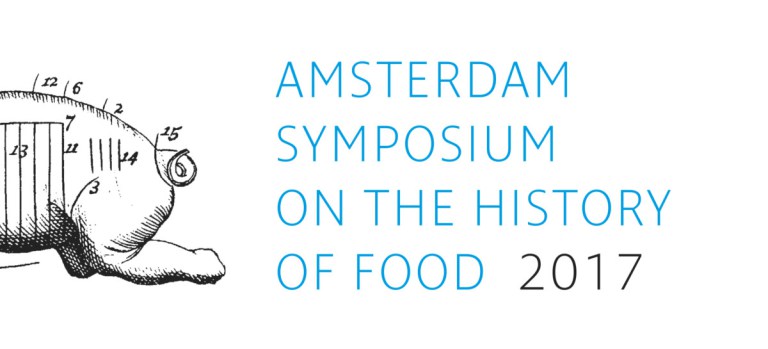The Amsterdam Symposium on the History of Food has the aspiration to become an annual point of assembly and an exchange of knowledge in the field of the food history. It intends to stimulate debate and research that bridges the gap between different disciplines. Another aim is to transfer academic research to a wider public and stimulate research using the Special Collection of the University of Amsterdam. The symposium is therefore targeted at both an academic and a professional audience.
From which angle does a scholar approach the concept of taste? Is it primarily an objective, chemical quality, or should it be considered a product of culture? And are these perspectives wholly incompatible? The physical quality and flavour of food and drink preoccupy molecular biologists, gastronomic professionals, and bon vivants. Chemists, among others, construe classification systems, aspiring to help us understand the complexity and the possibilities of flavour. Mediators and their audiences may oftentimes embrace subjectivity, by detailing their intimate and embodied experience of taste. Neither approach is new: historically, classification systems have had major cultural and religious significance, whereas the conception of ‘good’ food – as opposed to ‘bad’ food – and its application in mechanisms of social distinction is at least as old as class-based societies themselves. Clearly, discussions about taste have always been informed by an array of physiological and psychological experiences, not just our palates.
Call for Papers 2017: we invite proposals on this complex notion of taste: its characteristics, its cultural evaluation, and its history.





